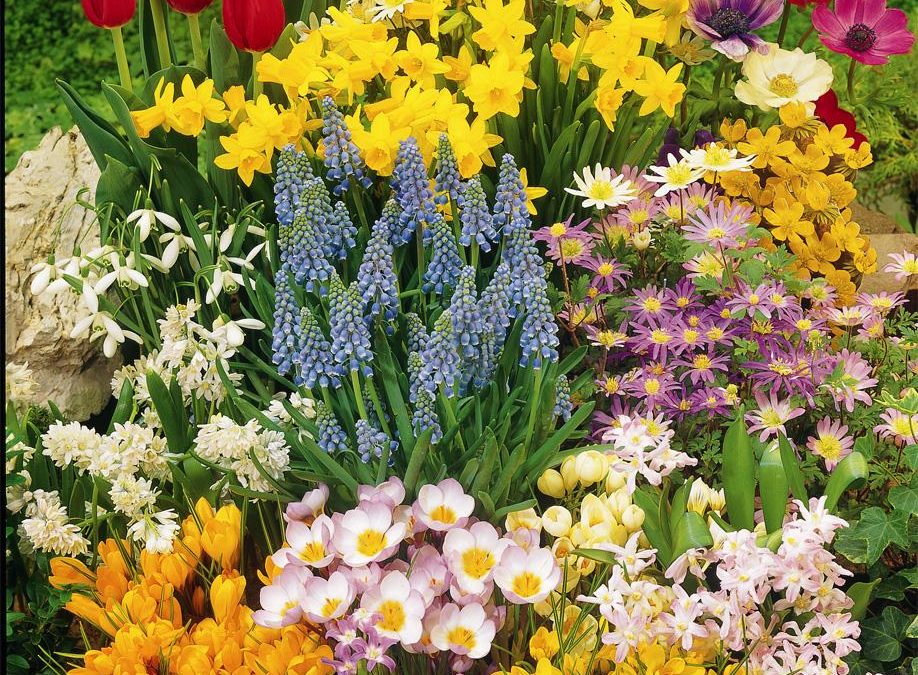Spring is in the air, well okay it’s getting there! Just forget the cool temps and think warmth and planting! Yes, it’s time to think about waking that winter yard up and getting your spring plants in the ground.
If you were able to catch the Atlanta Home Show a few weeks ago, you probably saw incredible landscape designs, filled with lush greenery and beautiful flowers. You might think that is not possible in your yard, but it is! There are tips everywhere in regards to preparing your yard for spring planting, but here are five of our favorites*.
Five Tips
- Time to clean the garden – Now is the time to remove all the debris like leaves, and even possibly leftover snow. Get rid of weeds, all the way to the roots to make sure they won’t grow back.
- Revitalize the soil – Most likely your soul is dry after winter, this means it’s time to add moisture. Recommendations include adding organic material like compost or manure. It might also be a good idea to add more fertilizer to increase the health of the soil and increase the life of your plants.
- Trim up the existing plants – Any plants left over from the winter will need to be pruned so they’ll grow anew in the spring. Make sure to wait until mid-April or May in case there’s an unexpected freeze. Blooming plants should be pruned after they bloom to avoid cutting off future flowers. Summer plants should be pruned in early spring.
- Add the mulch – Yes spring means it’s time to add mulch to your flower beds and garden. One to three inches of mulch helps to prevent weeds and diseases. It also keeps the moisture in the garden and maintains the temperature. The rule of thumb is to keep the mulch a few inches from the plant stems to prevent roots from rotting.
- Then it’s time to plant shrubs and flowers – The garden is in good shape, so now it’s time to plant. Some recommendations for good spring plants include:
- Pansies
- Snapdragons
- Vegetables like lettuce, peas and arugula
- Redbuds
- Transplanting tomato plants from indoor pots to outside
- Lilacs
- Tulips
It is a good idea to lean towards planting more perennials rather than annuals, because annuals have to be replaced every year. This means you’re making an investment in plants that will die every year and require replacement. Perennials, on the other hand, last for two to three years and usually survive winter frosts.
Stone Creek is your complete landscape solution regardless of your property’s current condition. Whether you’re looking for maintenance, design and install, or just a splash of seasonal color, our skilled and professional crews are here to help. Call us today at 404-647-4297, and let us help you create the yard of your dreams.
*source huffingtonpost.com

